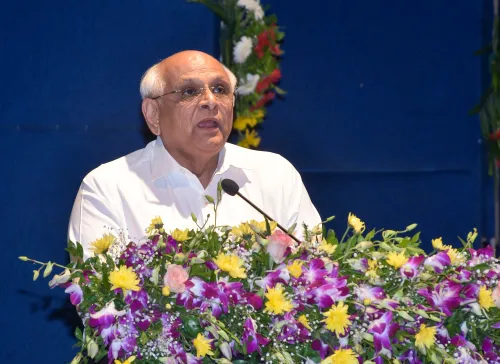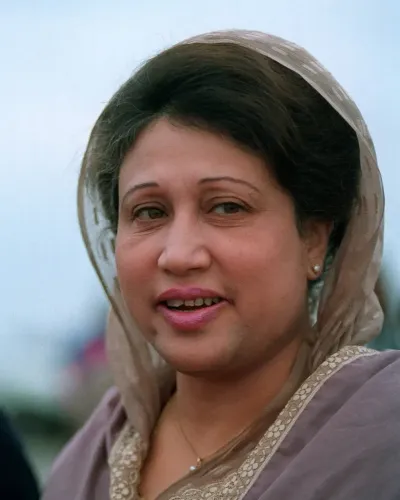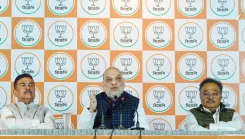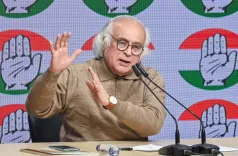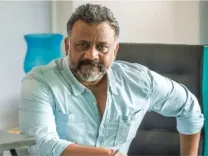Are Lewd Remarks on Religion Enough to Close the Case Against Former TN Minister Ponmudi?
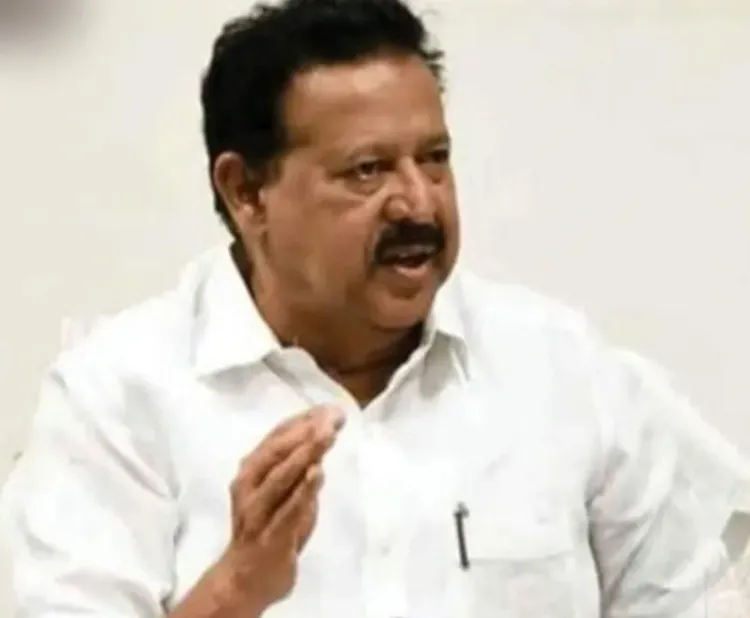
Synopsis
Key Takeaways
- Madras High Court keeps case against Ponmudi open.
- Remarks led to public outrage and his removal from a political position.
- Freedom of speech is not absolute for public figures, the court emphasized.
- Police closed over 120 complaints, but the court questioned their findings.
- Next hearing scheduled for August 1.
Chennai, July 8 (NationPress) The Madras High Court has opted to keep its suo motu case against former Tamil Nadu Forest Minister K. Ponmudi open, who is accused of making lewd and offensive remarks regarding the religious symbols of the Shaivite and Vaishnavite communities. The controversial statements were reportedly made during a meeting held by the Thanthai Periyar Dravida Kazhagam (TPDK) on April 8.
Ponmudi recounted a dubious story involving a prostitute questioning a man on whether he identified as a Shaivite or a Vaishnavite, before declaring her rates based on sexual acts.
His comments triggered significant backlash and resulted in his removal from the DMK's Deputy General Secretary role.
Although the Tamil Nadu Police had dismissed over 120 complaints related to this incident, the High Court bench, led by Justice P. Velmurugan, voiced concerns regarding the state's response. The court highlighted that it could not remain a “silent spectator” to such matters and underscored that the right to freedom of speech under Article 19 of the Constitution is not without limitations.
Justice Velmurugan remarked, “Today, all politicians and public speakers believe that Article 19 grants them unlimited rights. However, there are reasonable restrictions. This country is home to various sects and religious communities, and public figures must act with responsibility. We live in a democratic nation, not a monarchy.”
The Advocate General for the state, P.S. Raman, represented that the police chose not to file FIRs after preliminary investigations, concluding that Ponmudi merely repeated an old story.
However, the judge challenged this conclusion, questioning whether the police could determine the nature of the speech during such an inquiry. “The police cannot issue a verdict in preliminary investigations. Can they claim that only the original speaker deserves punishment, not the one who reiterates it?” he posed.
The court additionally mandated that all complainants be adequately informed regarding the closure of their cases. The court cautioned that if any complainant claims they were not notified, it would take stringent action against the state.
Justice Velmurugan stated that the court would monitor the situation closely, especially if complainants decide to escalate their concerns to higher police authorities. “Let them invoke. Meanwhile, we will keep the case pending and observe the developments. The court is committed to vigilant oversight,” he affirmed.
The case has been postponed until August 1 for further proceedings.



